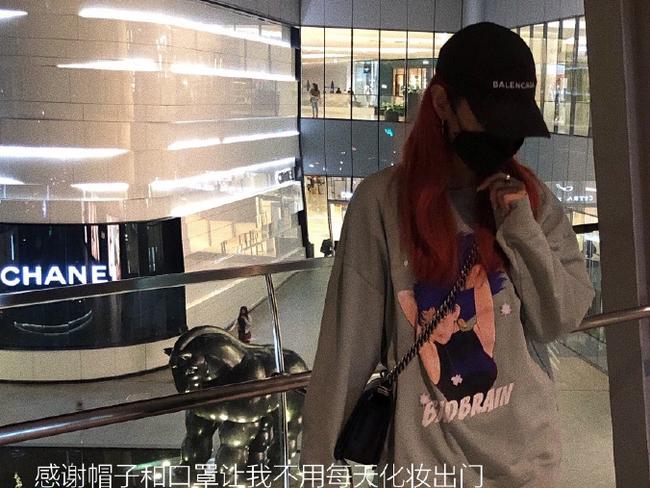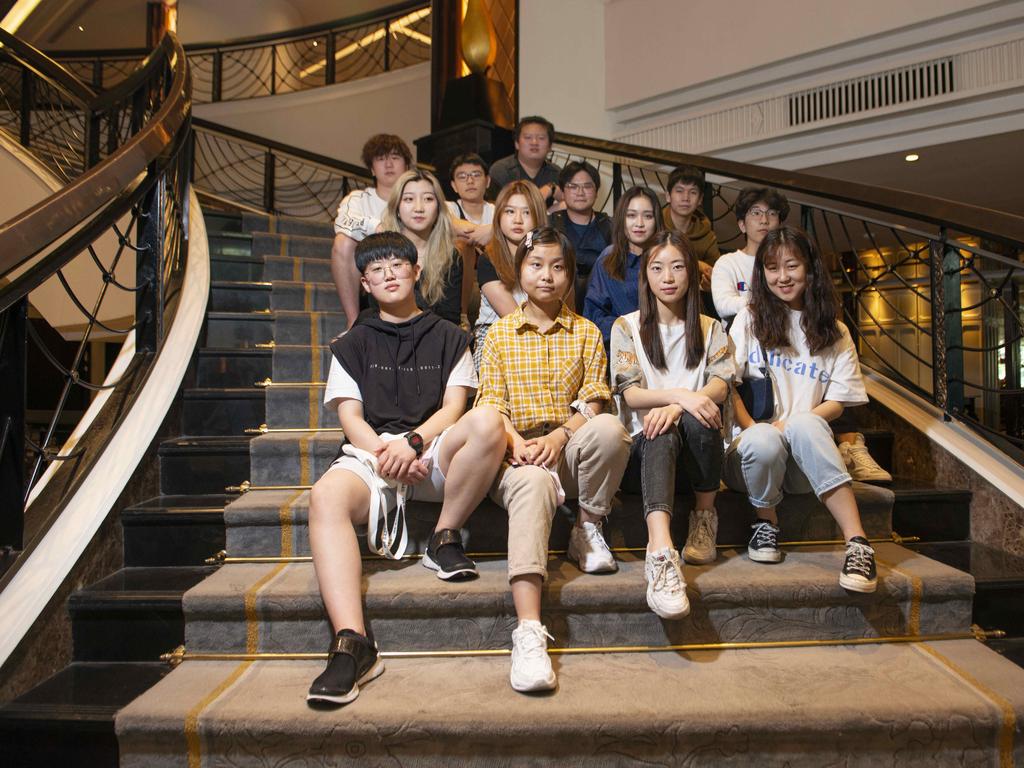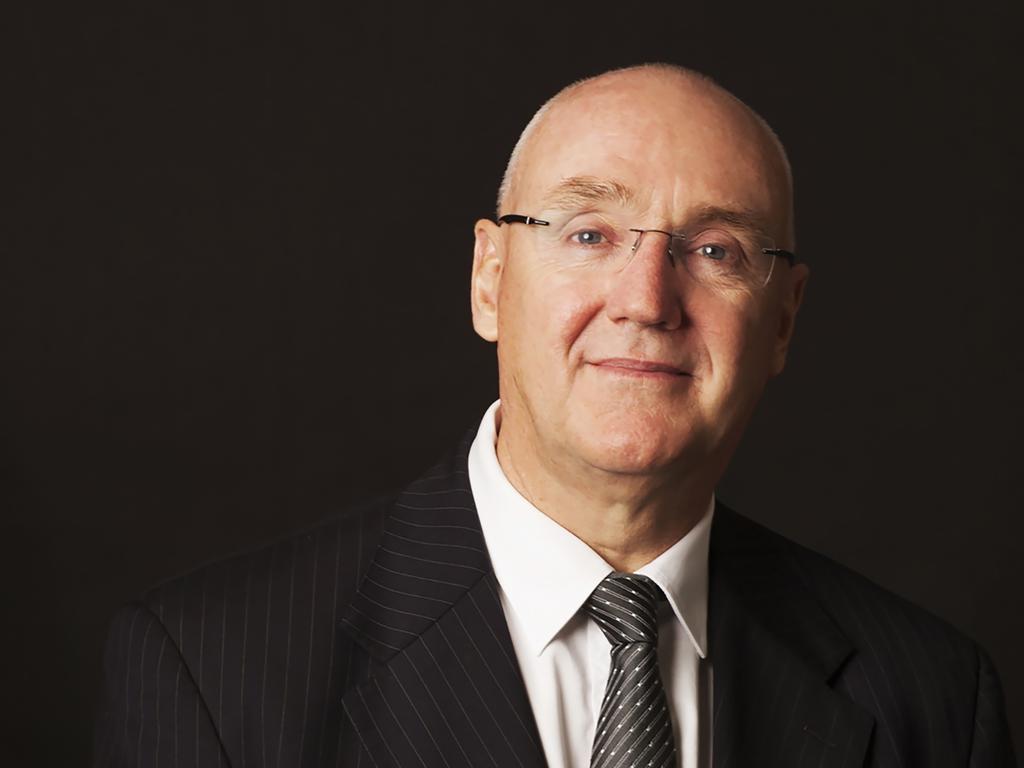Coronavirus quarantine or a fortnight of fun for Chinese students?
More than 11,000 Chinese students have sidestepped a ban on Chinese nationals flying direct to Australia.
A Chinese man believed to have contracted the coronavirus during 14 days of supposed self-quarantine in Dubai has raised a red flag about the “back door” for fee-paying university students entering the country.
More than 11,000 Chinese university and high school students have used the third-country layover mechanism to sidestep the ban on Chinese nationals flying direct to Australia.
Exotic locations like Thailand, Malaysia and Dubai are favoured destinations for the students.
The 20-year-old man enrolled at the University of Queensland fell ill two days after landing in Brisbane on February 23, following a fortnight in Dubai to show he was virus-free. He is being treated in hospital. Doctors suspect he was infected during the Gulf layover while interacting with other Chinese students, a senior Queensland Health source told The Australian. Instead of keeping to themselves, as advised, social media posts show Australia-bound students partying, dining at restaurants and enjoying spa treatments, raising the risk of contact with a carrier of the virus from the hot zone in China.
The layover mechanism was negotiated by the higher education sector to preserve its annual $22bn in international market share, nearly 40 per cent of which comes from China.
Incoming Chinese students are supposed to wait out the incubation period of the novel coronavirus in a third country before entering Australia, “self-isolated” during the fortnight of quarantine.
For some, it is more like the time of their lives, funded by grants of up to $7500 from Australian universities, including the University of Melbourne, University of Adelaide and Western Sydney University.
Posted holiday snaps show a Sydney-bound female student on a beach in Thailand with four friends, another young woman shopping in a Bangkok mall, and Chinese students mingling with locals in Dubai.
“We are quite used to the weather in Dubai and we end up going out again,” another enthused. The case of the infected UQ student may force the government to step up monitoring of university fee-payers who have used the third-country loophole.
Pauline Hanson, a critic of the entry concession for Chinese students, warned that the “flaunting” of the broader travel ban jeopardised Australia’s biosecurity.
“The 14-day isolation method imposed by this government has acted more as a petri dish than a containment method,” the One Nation leader said.

Final-year data science student James Zhang, 22, of Hong Kong, spent two weeks sharing an apartment in Phuket with five other Chinese students before flying to Brisbane to resume his course at the University of Queensland. This cost him $7000 in accommodation, living expenses and extra airfares.
He said he would have been ready to go into supervised quarantine on arrival in Australia had the precaution been suggested. “If the government could supply us a place to quarantine, we are happy … we are seen as people,” he said.
Referring to the immigration detention facility used to house Australian evacuees from Wuhan in central China, he added: “I hope they can take them (international students) to a place like Christmas Island.”
Colin Shen, a postgraduate student at the University of Sydney, returned recently after spending 14 days in self-quarantine in Thailand. The 22-year-old accounting student said he spent most of his time in a hotel room, “occasionally going to the supermarket with my mask on”.
This was not the case with others who “went there in a group … to hang out a bit. Safety is my main concern and it is just not worth it to contract a virus in the third country.”
International Education Association of Australia chief executive Phil Honeywood conceded there was no way to police the advice that Chinese students “self-isolate” for 14 days after leaving China.

“It’s meant to be self-quarantine as an individual, that’s what has been put to the students,” he said. “At the end of the day, you can’t force them in a third country to live in a certain situation.”
The travel advice from the Department of Foreign Affairs to foreign nationals seeking to enter Australia from mainland China is they must first “isolate” themselves for 14 days after leaving that country. Guidelines on COVID-19 from the federal Health Department to universities stipulate that students or staff stay “at home or in their accommodation and not attend public places, including work, school, childcare or public areas of university, higher education and vocational campuses. Only people they usually live with should stay in the home or accommodation. Do not see visitors.”
The Australian understands that fewer than 740 of the estimated 11,000 Chinese students who have come in since the travel ban came into effect on February 1 were enrolled at the high school level and subject to follow-up health checks that do not apply to university fee-payers.
Extending this requirement to Chinese university students is expected to be on the agenda of a meeting on Friday of the Global Reputation Taskforce chaired by Mr Honeywood, bringing together federal Education Minister Dan Tehan with the states and other key stakeholders.
“In the absence of knowledge of whether the student contracted the virus before he left home or in a third country, it is difficult to be exact,” Mr Honeywood said. “Clearly with this case now before us, we will need to work with the Chief Medical Officer to ensure our guidelines are appropriate.”
Queensland Health is scrambling to trace the movements and contacts of the University of Queensland student, who is in a stable condition in an isolation unit of the Royal Brisbane and Women’s Hospital.

The man is believed to have been too unwell to attend lectures after his arrival in Brisbane.
A flatmate had been placed in isolation as a precaution. “Our contact tracing methods are tried and trusted and we will take every opportunity to raise awareness of this case in the community if there has been any community exposure,” Queensland Chief Health Officer Jeanette Young said.
Mr Tehan insisted the government had offered no encouragement to students to use the layover option. “However, there is nothing within Australia’s current travel restrictions to stop them doing so,” he said. “Australia’s Deputy Chief Medical Officer, professor Paul Kelly, wrote to universities outlining the low risk posed by students who have travelled to other countries from mainland China for a 14-day exclusion period and who have had no recent contact with people with COVID-19. He has asked universities to be vigilant.
“The 14-day isolation period is consistent with what is currently known about the upper time limit of the incubation period.”
Additional reporting: Mackenzie Scott, Michael McKenna, Tim Dodd







To join the conversation, please log in. Don't have an account? Register
Join the conversation, you are commenting as Logout